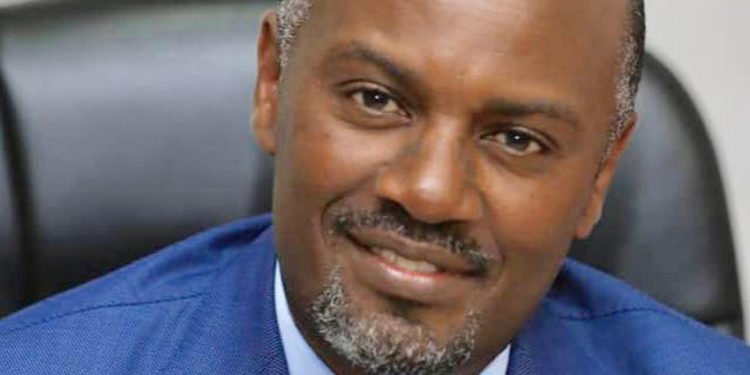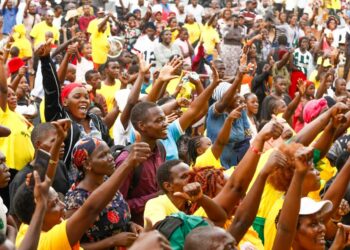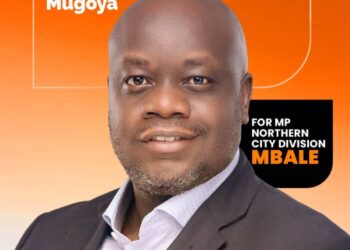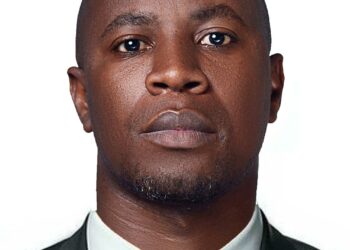Next year, the Uganda Peoples’ Defense Forces (UPDF) will mark three major milestone dates. It will be exactly 50 years (Golden Jubilee) since its formation under its precursor name, the Front for National Salvation (FRONASA) in 1971. It will also be 40 years since the launch of its second major phase of the struggle, the attack on Kabamba on February 6th 1981. Finally it will be 25 years (silver Jubilee) since it acquired its current name, UPDF, in October 1995 when this constitution came into force.
These three dates are significant and I wonder why the army and government are doing nothing about them. However, while thinking and reading about UPDF’s history, I landed on an article written by then rebel leader and now President Yoweri Museveni in 1981 about why he and his compatriots chose a protracted people’s war as the strategy for the struggle. It is one of the most illuminating pieces of writing from which Uganda’s opposition can learn a lot.
Museveni says that in 1981, there were four possible paths to power by his group: a conventional war, a popular insurrection, a military coup or a protracted struggle. The first option required a massing of troops in head to head combat, but they (NRA) did not have such capacity to engage the UNLA backed by Tanzanian troops. A popular insurrection demands a degree of coordination but they lacked organizational ability to pull it off. The presence of the Tanzanian army made a coup impossible to execute.
So he chose a protracted struggle going through three phases: guerrilla warfare, then mobile warfare and in the final phase conventional warfare. Initially the rebel army is small relative to the national army. Its major aim is to preserve itself by avoiding direct confrontation with government troops. The initial phase therefore takes the form of short, sharp attacks and ambushes by small groups of rebels against isolated small army and police units. This forces government to fragment its troops into small units to combat rebels. But this helps the guerrillas as it makes government troops vulnerable to surprise attacks, harassment and annihilation.
During this period, the rebel army improves its organizational strength and gains battle experience, making it possible to (over time) mass larger forces (battalions and even brigades) to launch a second phase – mobile warfare. Here control of territory is unnecessary. So the rebel army avoids positional warfare by fighting fluid battles. The aim? To avoid unnecessary casualties but destroy the enemy’s means of making war – his weapons, morale, economy, physical infrastructure and international credibility.
It is only when the balance of forces has shifted favorable to the rebel’s side that a conventional war can be launched.
It is incredible how Museveni proceeded to follow this strategy every step to success. In this article, Museveni is conscious of the extraordinary advantages the enemy has over his rebel group, but his strategy seeks to turn all those advantages into liabilities. On the other hand Museveni is also acutely aware of his own side’s weaknesses but seeks to actually turn them to his advantage.
For instance, the government forces have superiority over weaponry. Museveni makes clear that the rebels do not need much weaponry to match the state. Where the army has tanks, the rebels need anti tank weapons of modest caliber. Where they have aircrafts, the rebels need anti aircraft weapons. The strategy is to exploit one’s weakness and turn it into a crushing advantage.
Uganda’s opposition has a lot to learn from this. For instance, it is forever complaining about how the ground it tilted against them, how the state uses its instruments of repression to suffocate them, and then concluding that is the reason for their persistent failure to dislodge Museveni from power. On his part, when he was in the same shoes as the opposition today, Museveni sees the repressive propensity of the state as a disadvantage, not an asset.
Thus in his essay, Museveni argues that his strategy is to provoke the state to be more repressive. He calculates that such repression will turn larger sections of the population against the government. His argument is that the basic weapon of the rebels is popular support, which state repression encourages. Therefore people should be convinced of their ability to overcome the repressive state and defeat it.
In today’s Uganda, Kizza Besigye and his acolytes see repression as the reason for their defeat and their message to the public is that elections cannot deliver victory. Essentially, they demotivate their own base, thereby allowing Museveni to win and win. With enemies like a large section of Uganda’s fickle opposition, Museveni doesn’t need any enemies at all.
Do you have a story in your community or an opinion to share with us: Email us at editorial@watchdoguganda.com












